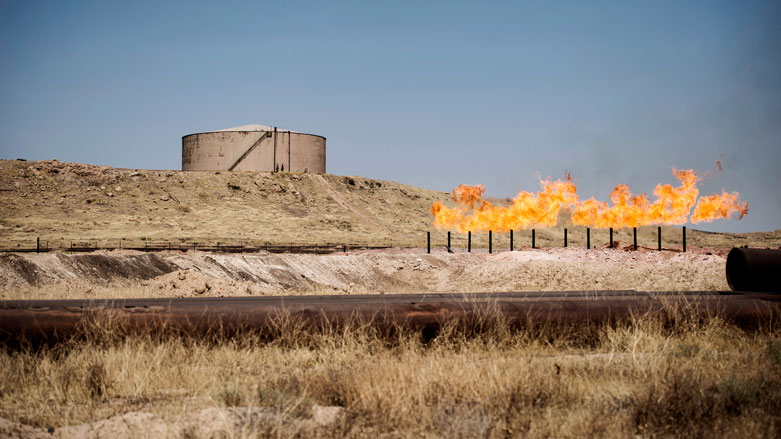Russian Rosneft in talks with Kurdistan to explore, extract oil in disputed areas

ERBIL, Kurdistan Region (Kurdistan24) – Russian-state sponsored oil company of Rosneft is in conversation with the Kurdistan Regional Government (KRG) to launch oil exploration and extraction in the disputed territories, including the oil-rich Kirkuk Province located in the south of the Kurdistan Region.
The oil company is examining exploration in the fields near the city of Kirkuk as well as in the areas located on the Syrian border, three persons aware of the talks told Financial Times on Friday.
At the beginning of June, the KRG and Rosneft signed an agreement according to which, the Russian company would work on five sites that are under the control of the Kurdish government without revealing the name of the locations.
According to the talks, Rosneft aims to work in the supergiant oil field of Bai Hassan located in Kirkuk which was the biggest in the world in 1920 when it was discovered.
The sources who were participating in the talks also mentioned that the Russian company discussed a block in the Kurdish Ezidi city of Sinjar (Shingal) which is located on the Syrian Kurdistan (Rojava) border. Ain Zalah is another oil field in the west of Mosul Dam which was previously operated by the federal government of Iraq before the emergence of the Islamic State (IS) in June 2014.
The KRG officials reject the term "disputed territories," claiming the areas are parts of the Kurdistan Region since they were liberated from the IS by Kurdish Peshmerga forces.
The disputed regions are also set to be included in the planned independence referendum which is set to be held on Sep. 25, 2017.
“Rosneft will get access to the major regional transportation system with the throughput capacity of 700,000 barrels per day (bpd),” Rosneft stated earlier in June, stating the capacity “is planned to be expanded up to one million bpd by the end of 2017.”
Editing by Ava Homa
